The Department of Health and Social Care has launched a consultation on proposals to end the sale of energy drinks to children.
The consultation outlines the government’s plan to restrict the sale of drinks that contain more than 150mg of caffeine per litre (excluding tea and coffee). Under current labelling rules, drinks that contain high amounts of caffeine must feature a warning label such as ‘High caffeine content - Not recommended for children or pregnant or breastfeeding women’.
Many convenience stores already operate their own voluntary energy drinks bans, with research from the Association of Convenience Stores (January 2018) showing that 53% of c-store retailers say they do not sell energy drinks to under 16s.
Commenting on the announcement, ACS chief executive James Lowman said: “Convenience store retailers are already on the front line preventing the sale of age restricted products to children in a number of categories. We will respond to this consultation with evidence from members, and if the Government sees fit to introduce a ban on energy drinks to children, we will work with retailers to ensure that they are prepared for the change.
”More than half of convenience stores currently do not sell energy drinks to under 16s, with many more working with their local schools and wider community to develop appropriate solutions when concerns are raised about the consumption of energy drinks by young people.”
The government’s consultation on an energy drinks ban does not specify at what age the restriction should be enforced, but it suggests it should apply to those aged under 16 or 18 years old. The consultation also notes that other countries that have ended the sale of energy drinks to children, such as Latvia and Lithuania, have introduced a restriction at 18.
Under the current proposals, any ban would only apply in England, as devolved administrations in Wales, Scotland and Northern Ireland have the power to introduce their own sales restrictions.
Public Health Minister Steve Brine MP added: “We all have a responsibility to protect children from products that are damaging to their health and education, and we know that drinks packed to the brim with caffeine, and often sugar, are becoming a common fixture of their diet.
“Our children already consume 50% more of these drinks than our European counterparts, and teachers have made worrying links between energy drinks and poor behaviour in the classroom.”

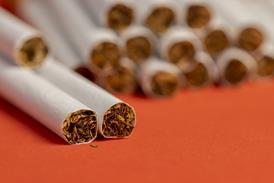
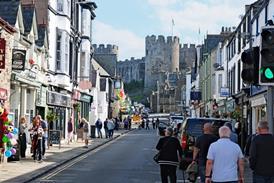
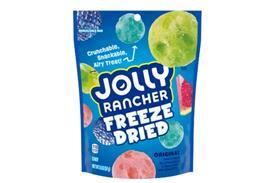





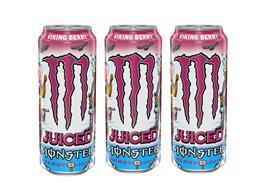
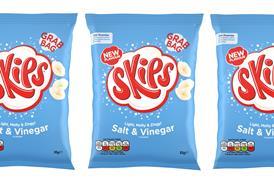
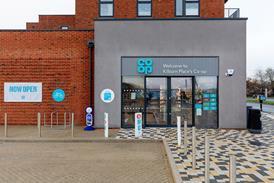

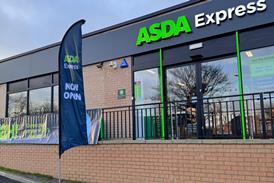






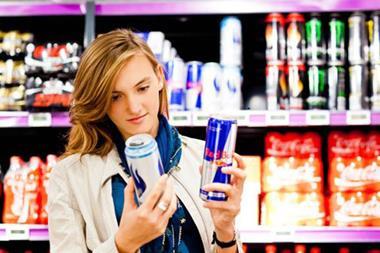
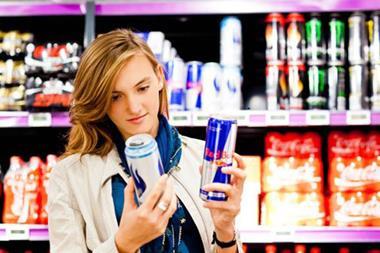
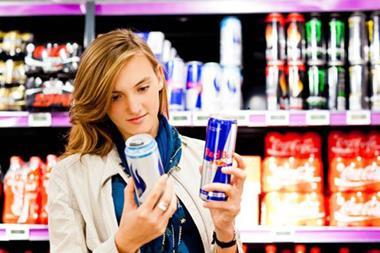
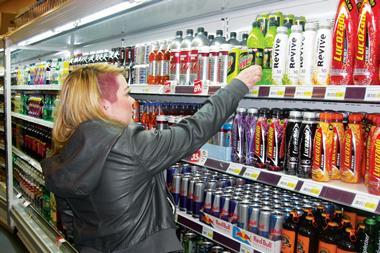
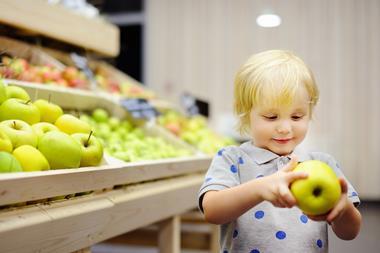
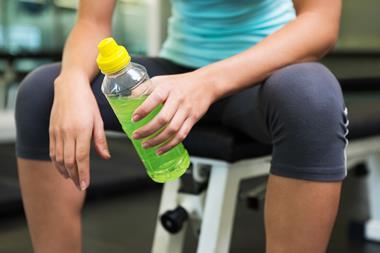

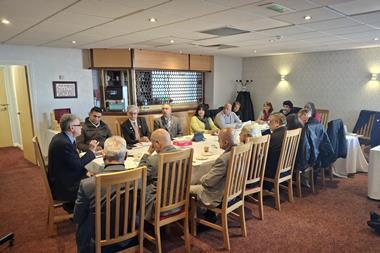



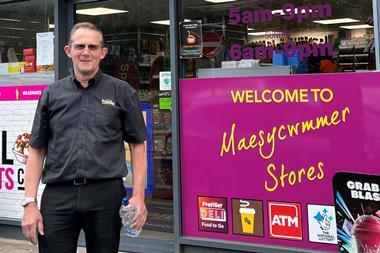
No comments yet